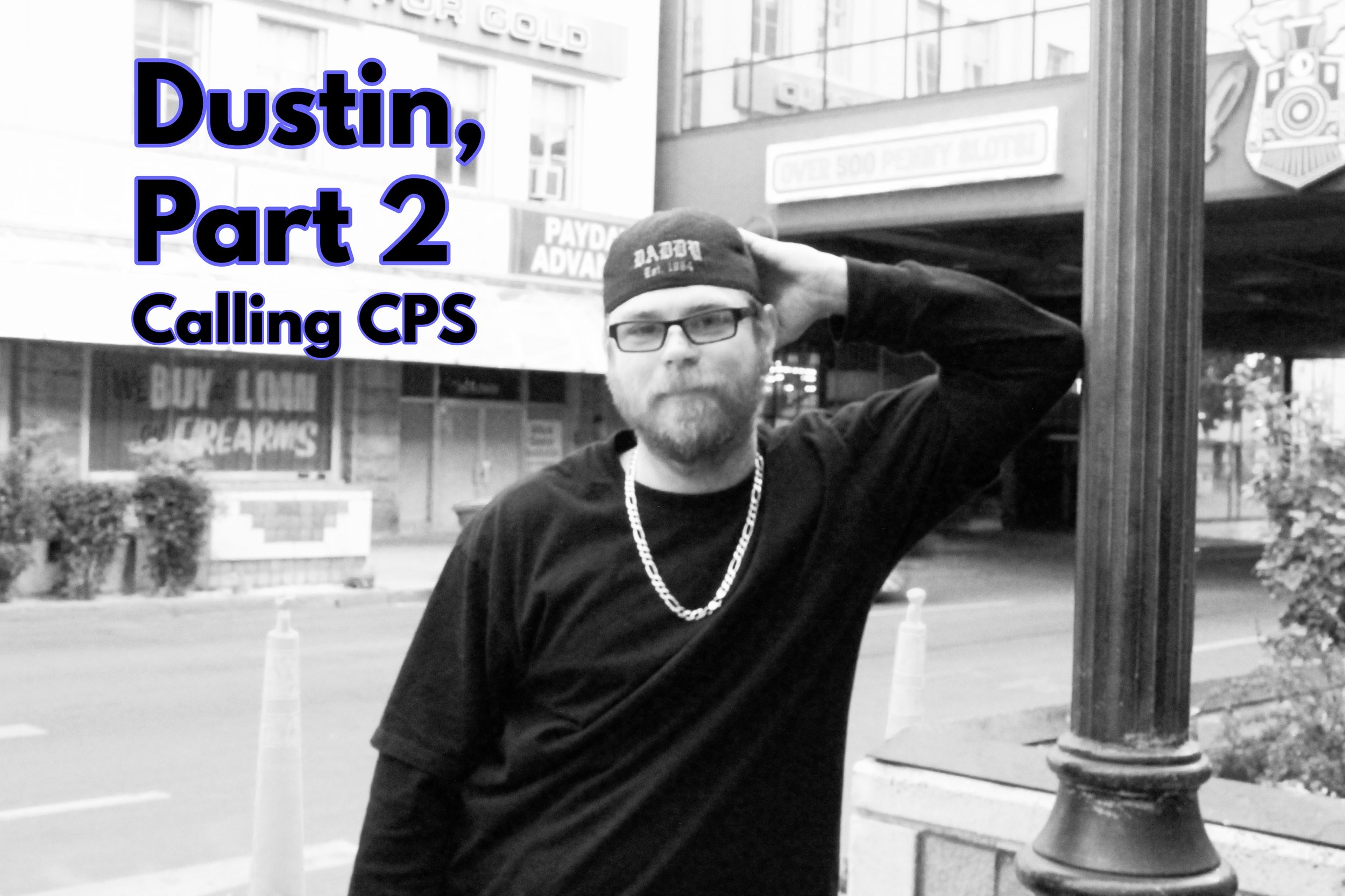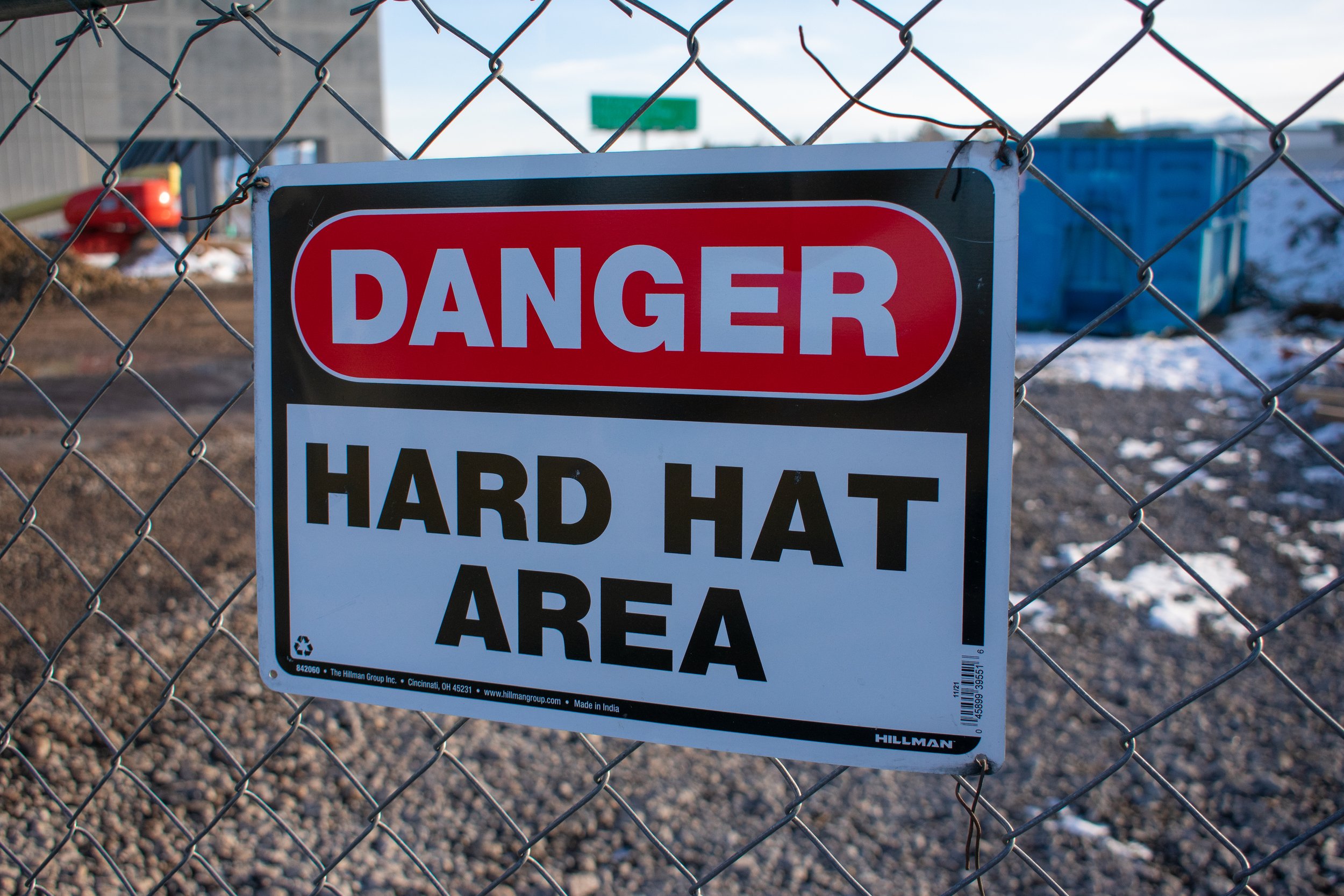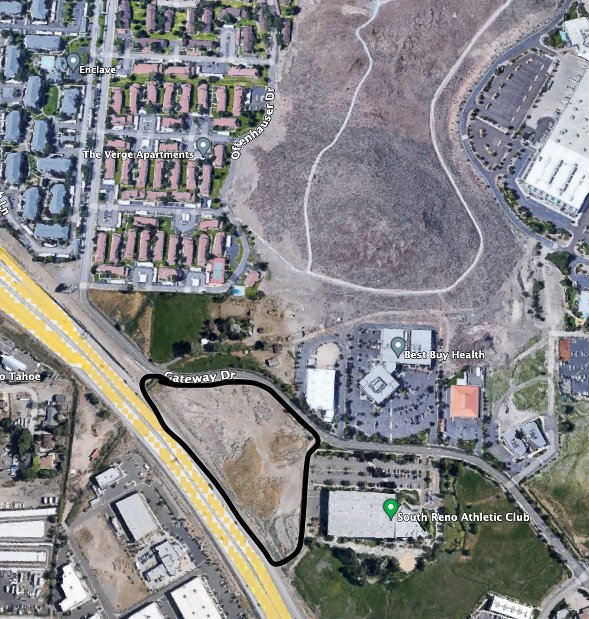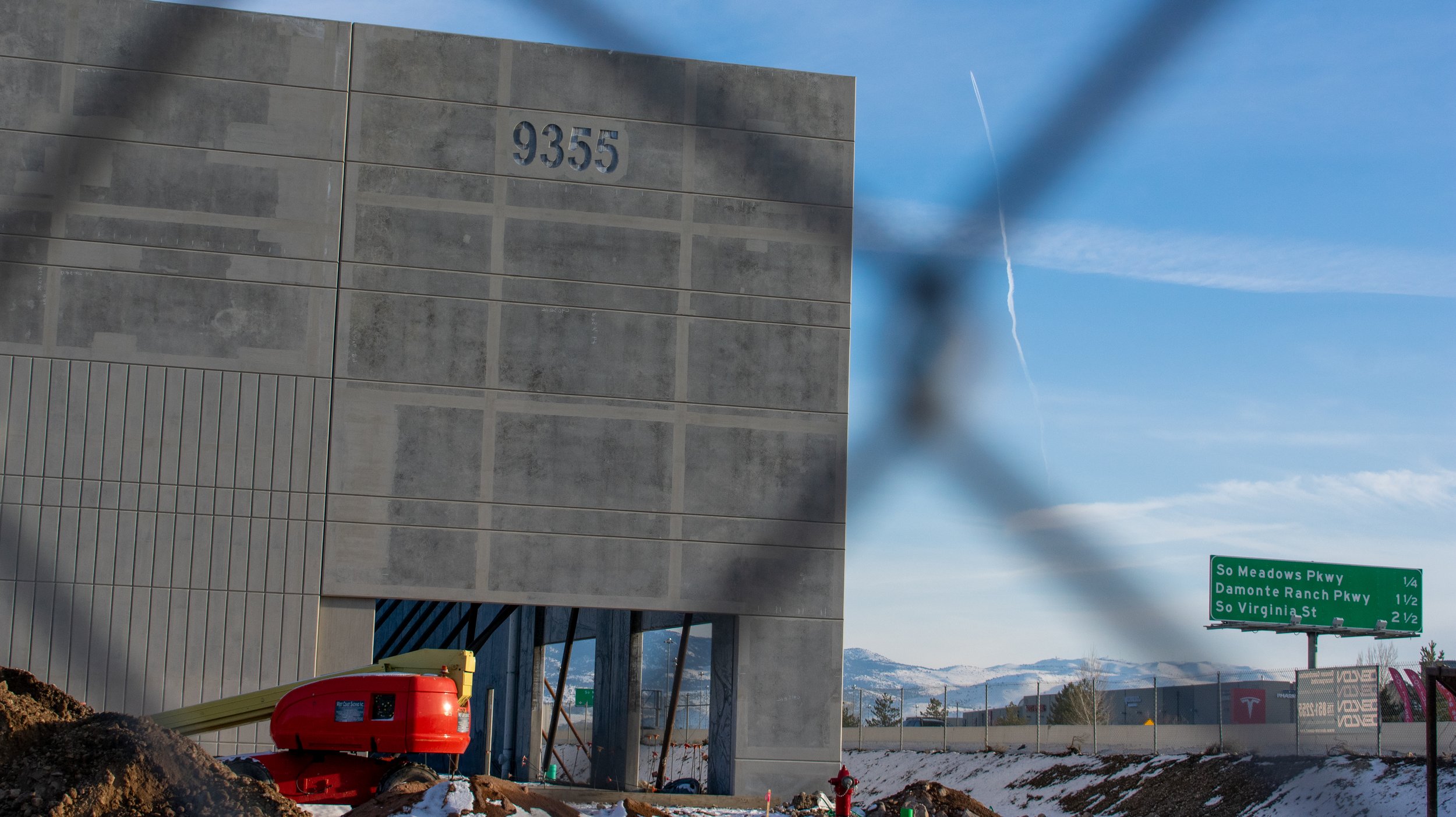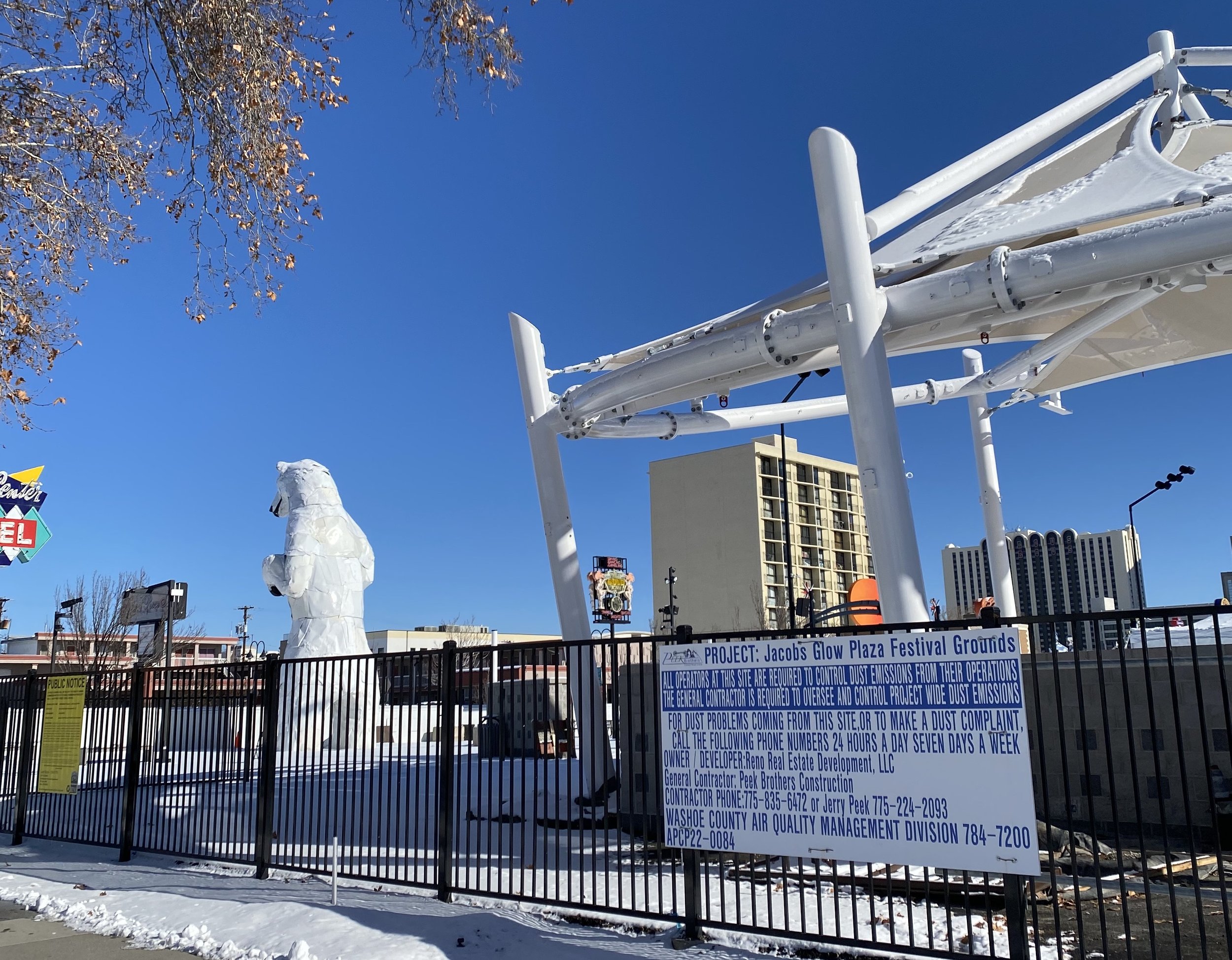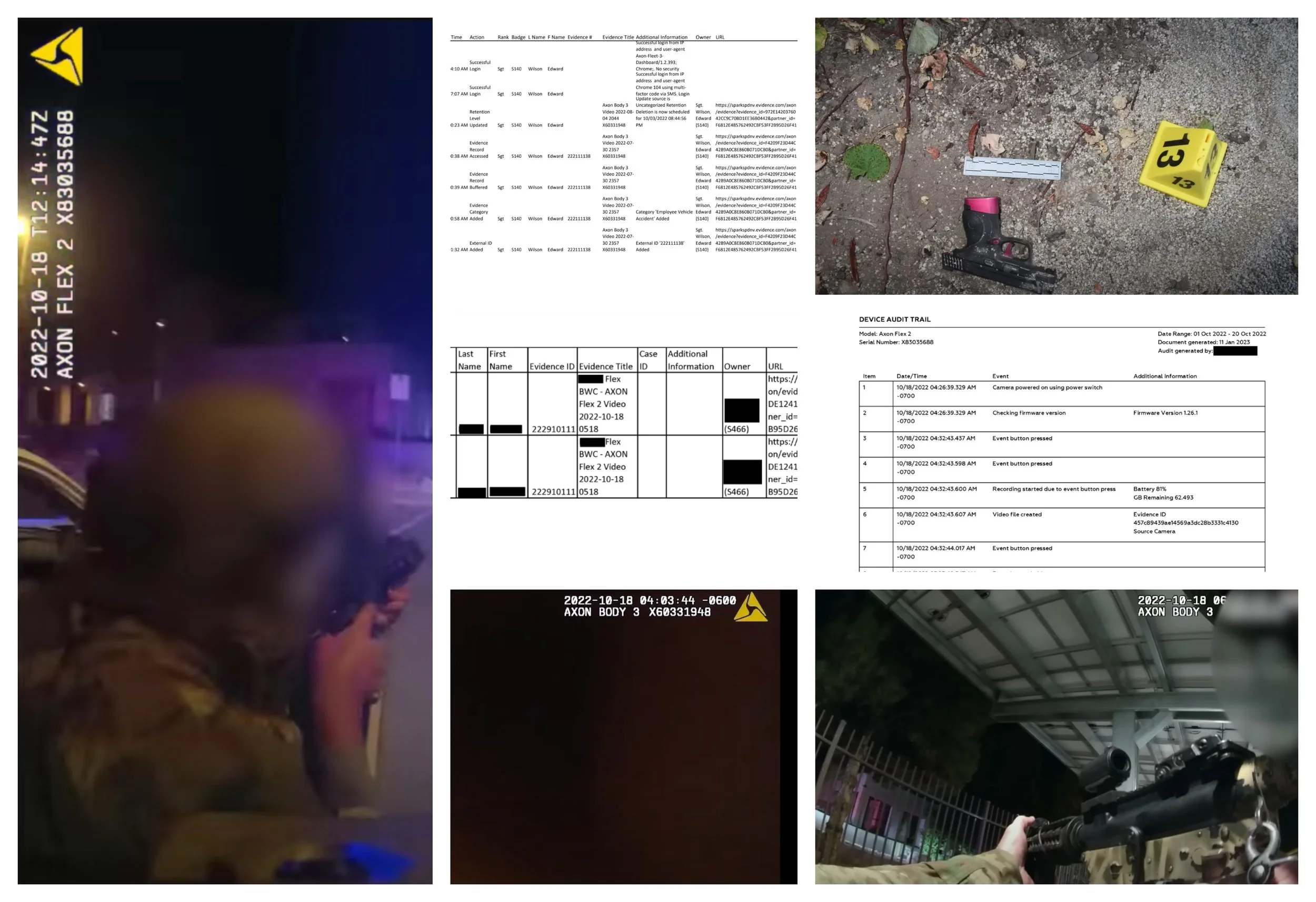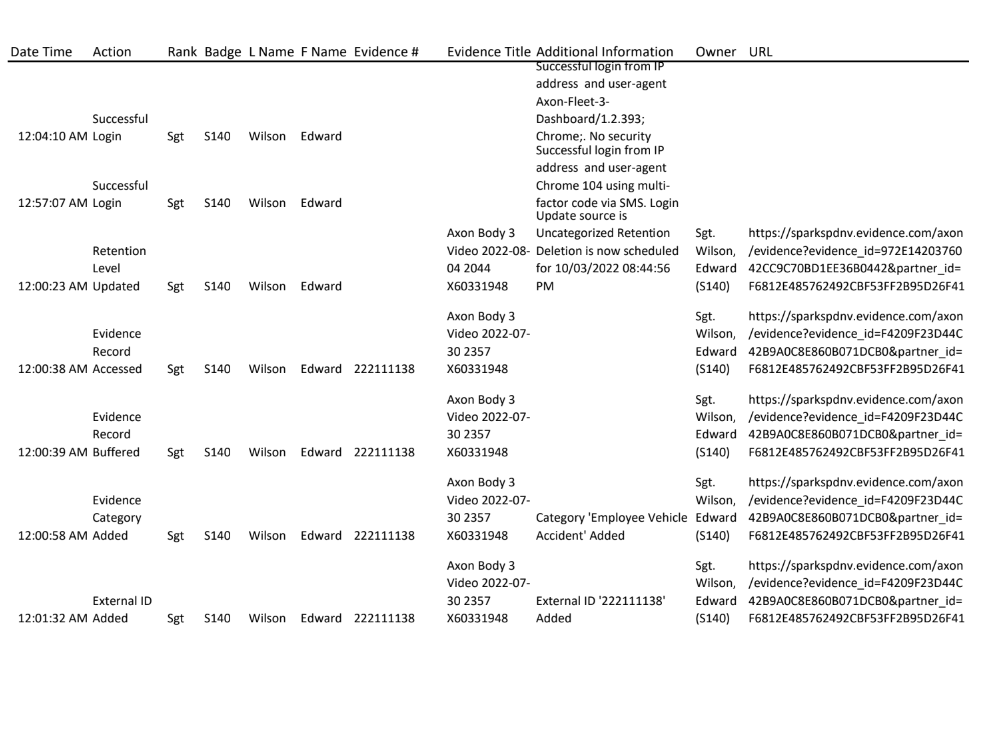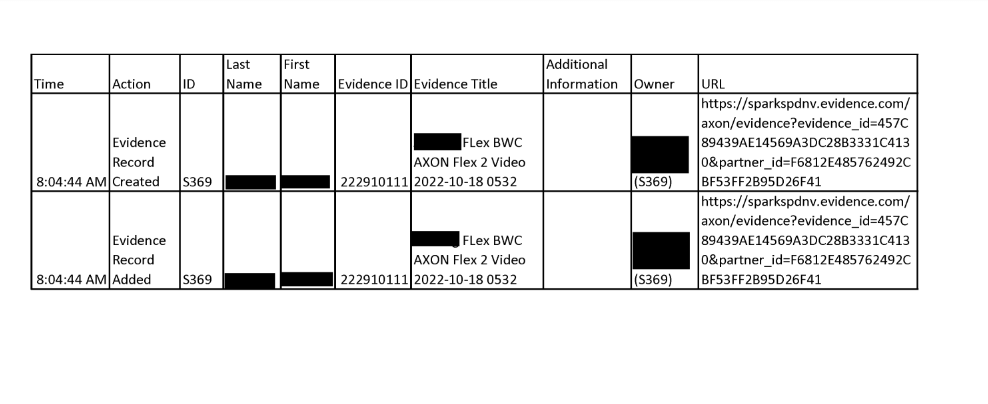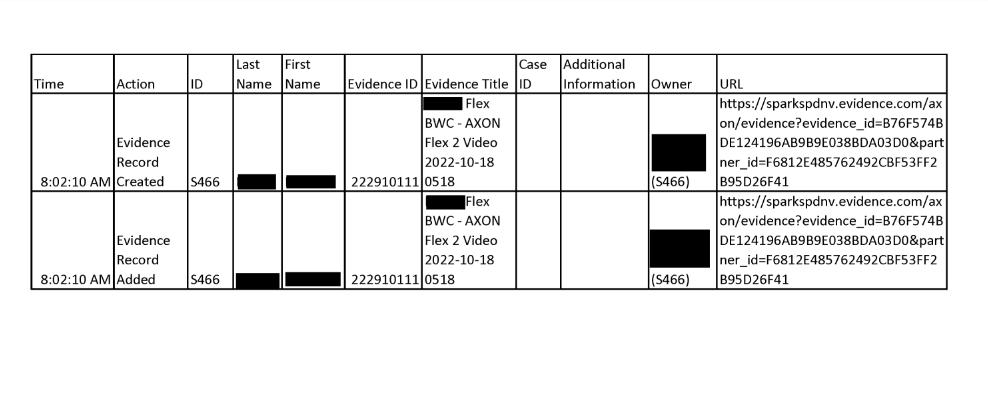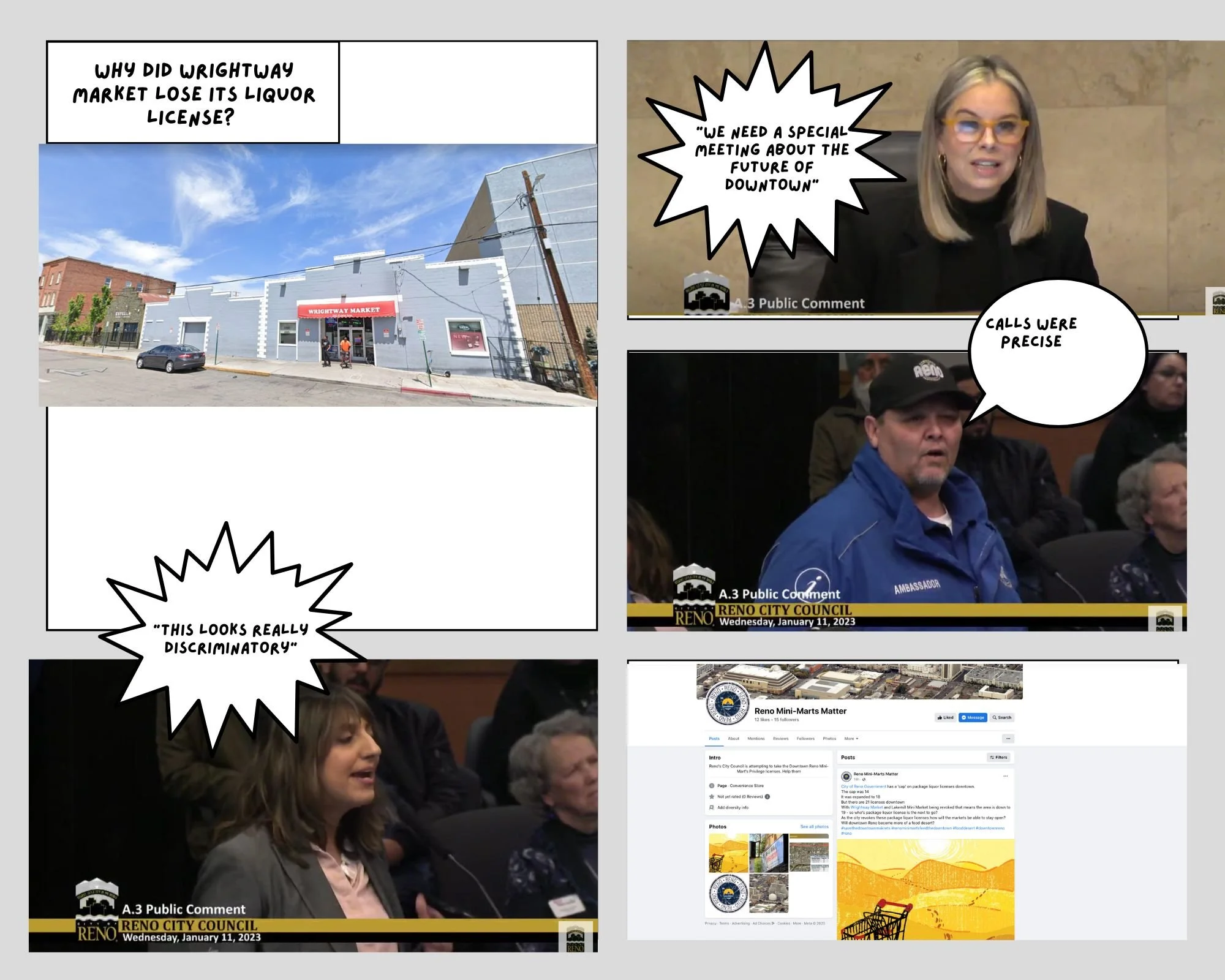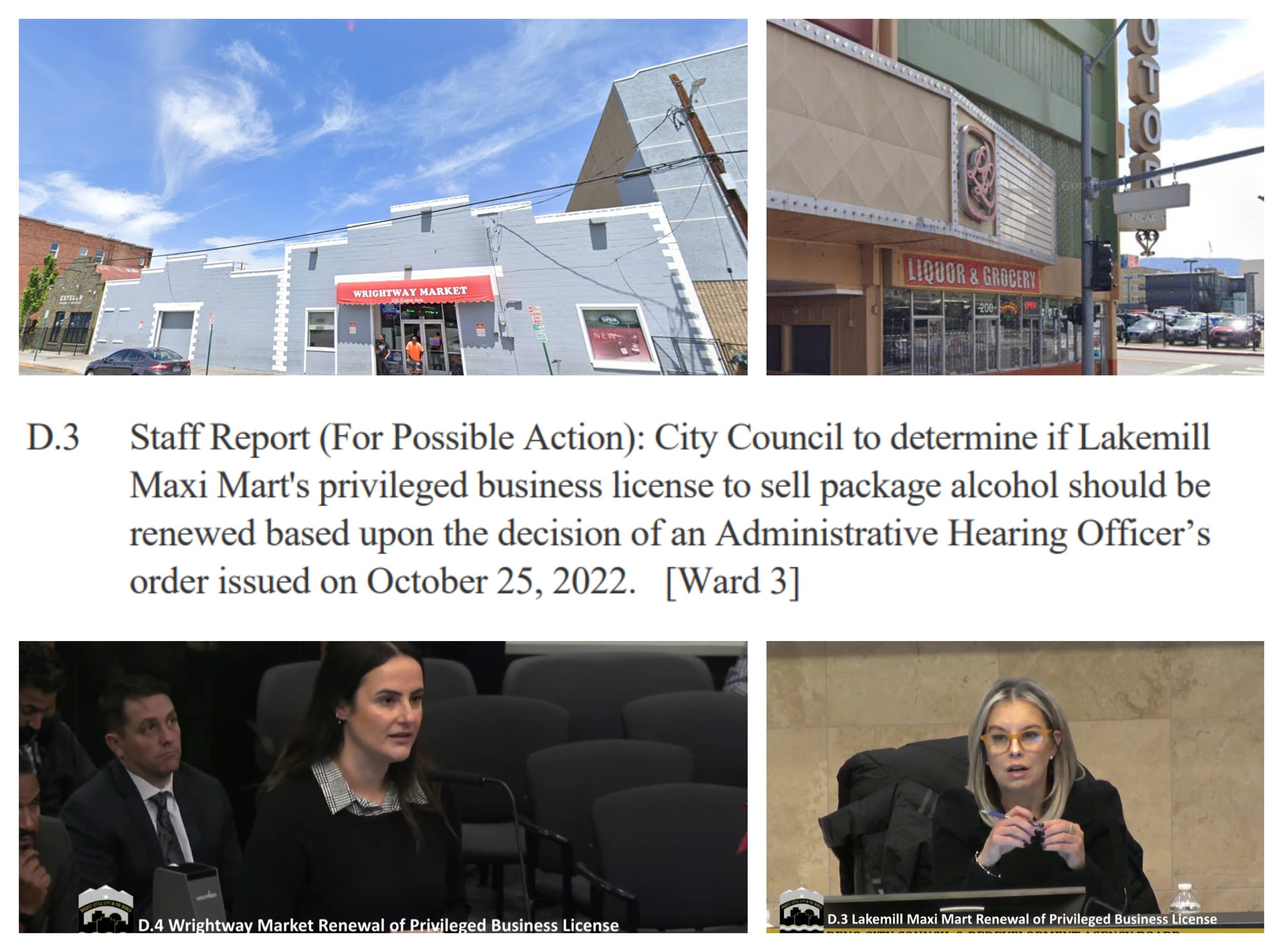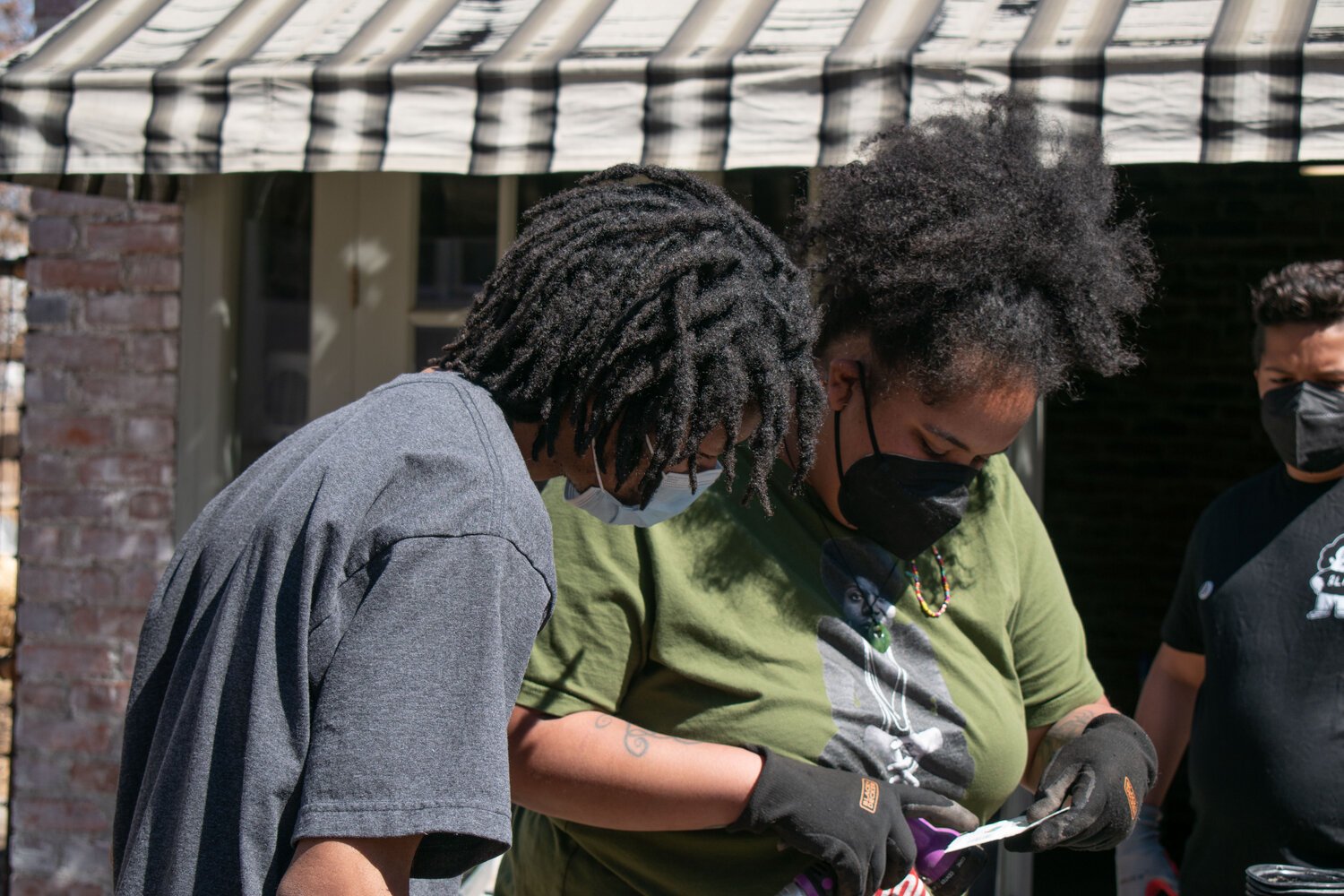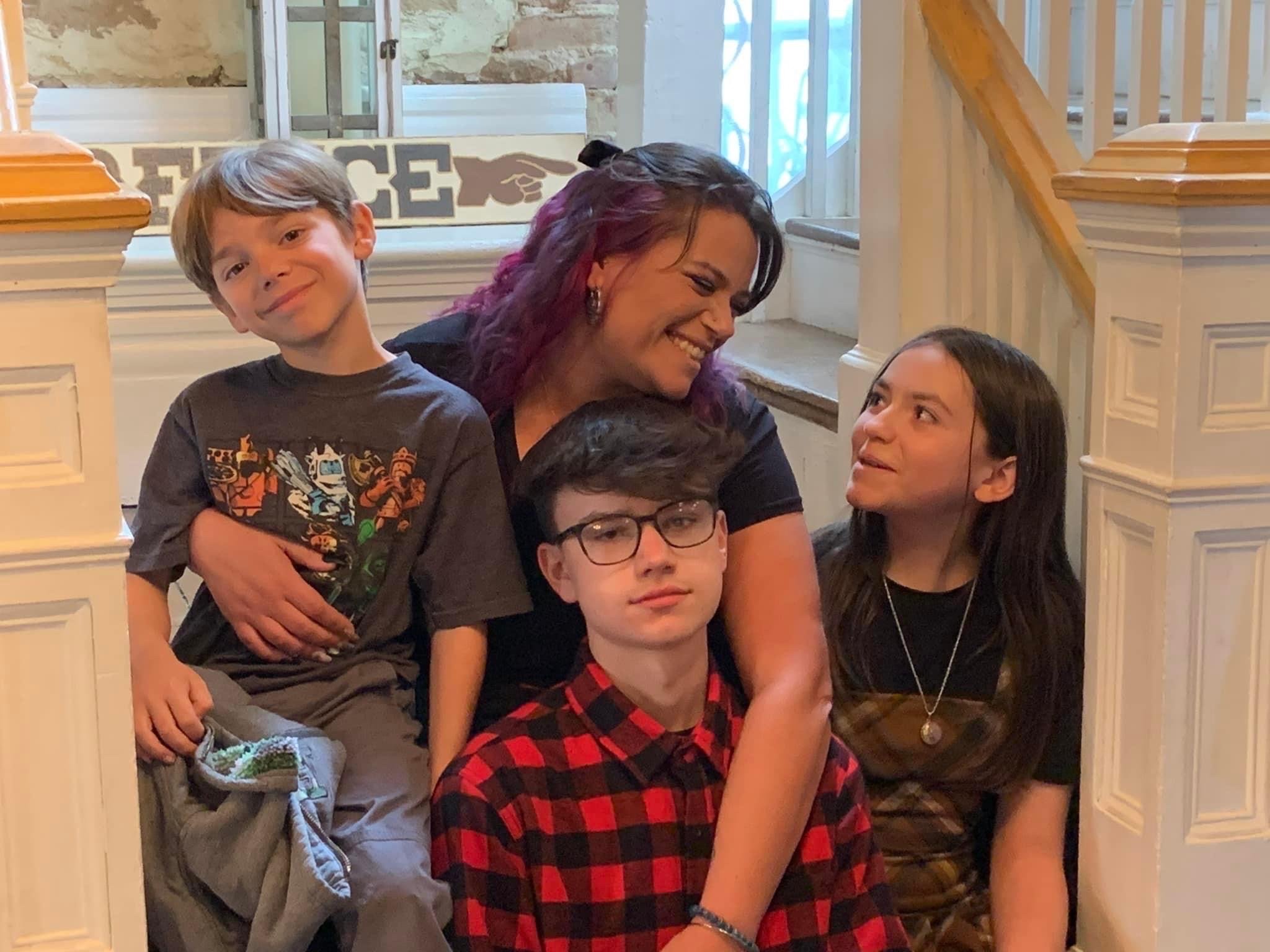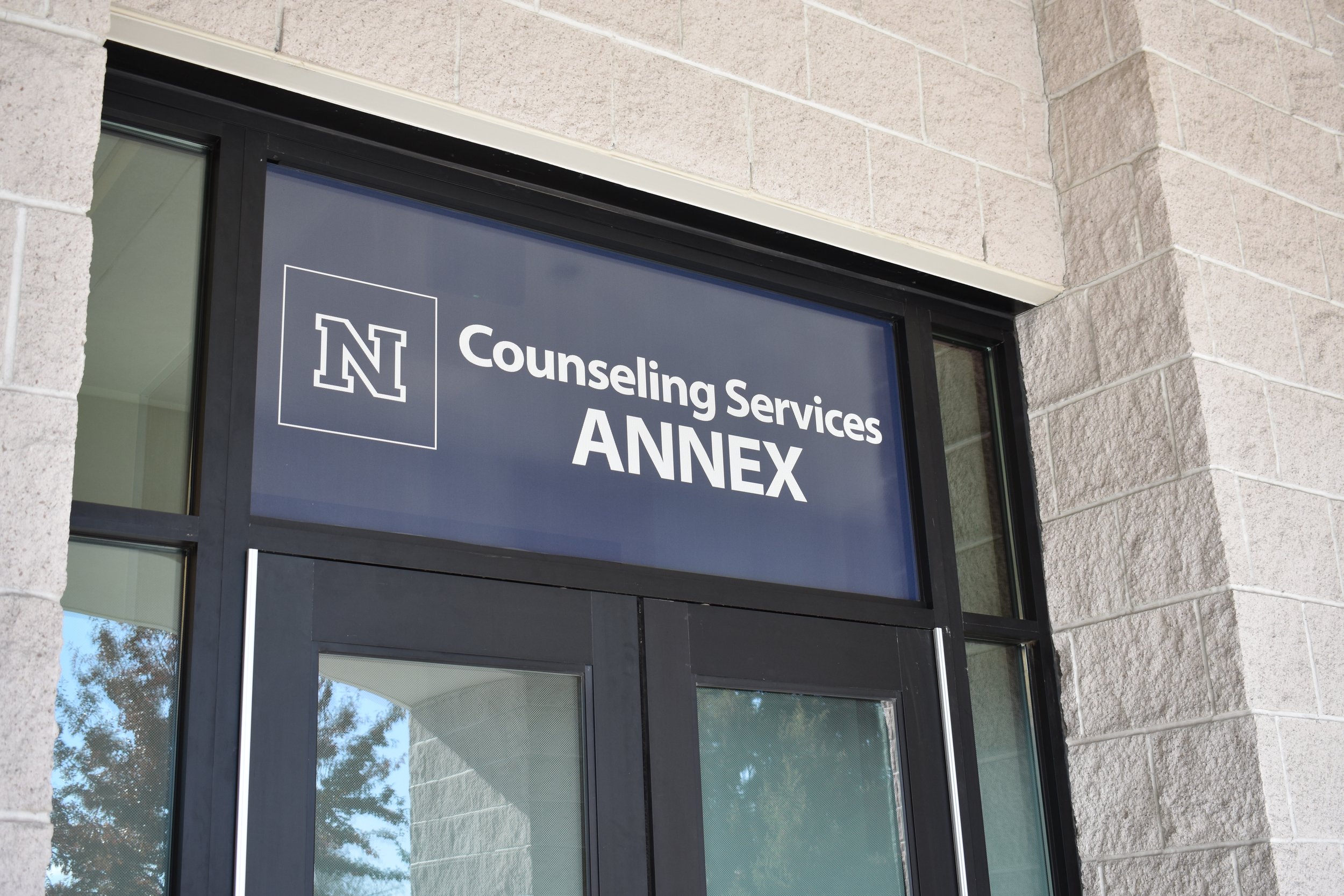My wife asked Child Protective Services for resources. She doesn't say, ‘I wanna get rid of my kids, I don't wanna sell 'em, right?’
They show up to the house, they tell her, ‘Look, the only way that we can help because we have no way to help you. You know what I'm saying? The only way that we can help is open the case. You're not in trouble or nothing, just open a case. So my wife opens the case, says, ‘All right, fine.’ So they take her away with kids, you know what I'm saying? For like two hours or whatever. She signs the papers as a single mother with three children in a motel room. And then they tell her, ‘Listen, so now we're gonna take your kids.’
So two hours later they take all three of her kids and she has to say bye to her babies. And they split them up in three different homes. Her eight-year-old daughter is in a house, in a non-English speaking household. And her eight year old speaks nothing but English. And she's half deaf in one ear and half blind in one eye. So she's in a house where no one even talks the same language to her.
My wife gets to visit once a week. That's all they give her.
So with CPS there's the initial person that comes out and does an investigation and then removes the children, right? And he's only on the case for 30 days. Then they go ahead and turn the case over to an actual worker for CPS and they take over three weeks in, okay? Three weeks in this individual comes to my wife and tells my wife, ‘Listen. So we have allegations. I didn't wanna say anything or come out with any of this because we didn't know where to go with this yet.’
My wife is fighting every bit of this tooth and nail cuz she will not go ahead and admit to neglect cuz she did not neglect her kids. She asked for help and resources not to come take her kids and put her down on the ground and take away any bit of drive that she has left.
I'm saying, I mean I watched my wife lay in a bed and after I had to go ahead and go climb through the window with a friend of mine to rescue my wife cuz she OD'ed on Gabapentin and she laid there in a bed and she just put herself in a deep sleep just to go to sleep so she never wakes up again. So she could be there with her babies. You know, I watched all this and I was there for every waking moment, every bit of this. I watched my wife go ahead and just break herself down to nothing for these CPS workers to go ahead and disrespect us like that.
Families like ours are scared to death cuz they want their kids. They don't know what to do.
The only thing they got to live for, they take 'em away from them. So listen, me and my wife are in a motel room. We speak English, the kids are alive. They're not beaten up or broken.
We obviously have troubles. My wife doesn't know how to go about even beginning any of this. Her head is still messed up over this whole situation. She doesn't know how to call and start, how to get counseling and everything else. These people are making her jump through all these hoops, won't talk to her about anything.
All they do is they do everything they can to make you look like the worst parent you are. And they go ahead and take every bit of any drive that you ever had away from you to go ahead and then sell your kids for a paycheck.
My wife has told her attorney, ‘Listen, I have done nothing but asked for help and resources. You have done nothing for me at all. I didn't neglect my children, I didn't neglect them. I asked for help. You guys came and took my kids. So the attorney goes in and tells her, ‘Listen, we understand that. I get that. I'm just telling you my part and what I need to do, right?’ But here's the bottom line. CPS is a punishment. Punishment.
Something needs to be done about it. Anybody who can hear or anybody that knows anything about any way that, that it could possibly help, I mean, we'll take it cuz look, we dug ourself into so much of a hole in the ground.
CPS is running us through the ringer. All we're asking for is resources. We've asked them 30 times, ‘Please can you help us out with some housing resources or something, something that we could do. Cuz we don't wanna wind up in a situation where we can't actually go ahead and have anything to show for. So, I mean, then why, why would we fight? You know what I'm saying?’
They send us resources on food banks. I don't need a food bank. I need an ID. I was pulled over in a car with my friend driving a month ago and a cop pulled me over, lost my ID in the center console of the cop car and now it's $41.50 for a new ID. I don't have $41.50. I don't have a job. I don't have an ID to get a job. So now I'm sitting here screwed.
They have actually done absolutely nothing except to put us down. Her kids, like I said, they were all in three separate homes at first. One of 'em in a non English speaking home. The other one was in a home with a lady that had 16 kids.
Her four-year-old before CPS took him was potty trained. And now that they've been gone for three months now all of a sudden, her four-year-old is back in pull ups. They just finally moved her eight-year-old daughter out of that home and into the same home as her four-year-old son.
So now there's 17 kids that are taken care by someone who is 50 something years old. I'm not gonna say anything about anybody, but she's definitely not in a physical situation to be able to take care of these kids, especially by herself. And her eight-year-old daughter says the reason why he's back in pull ups is because she doesn't want to wipe his butt all the time. Or she doesn't wanna help him go potty because he pees too much. He's four. So basically what you're telling me is CPS, who we called to ask for help, takes these kids after opening a case on us, forcing my wife to open up a case, takes the kids from us and puts them in a worse situation than they were in to begin with.
I mean my story is a puzzle because that's the way I talk. But I'm not a bad individual. I don't understand how they can get away with this.
I have a criminal history, but at the same time I go to the University of Phoenix. I'm getting my bachelor's in criminal justice administration.
I want to go ahead and help other people out that can't afford it because they deserve better. The people that work for this county and the people that work for this city and everywhere around this state is out for one thing and that's money. That's it. They're all money hungry. The casinos are here and everything else.
They don't care about poverty, they don't care about the homeless. Gambling ruined a lot of people’s lives. Put them out on the streets with absolutely nothing. And still they go ahead and promote this as tourism. How's this tourism? So go ahead and save up all your life savings. Pack up your kids. Come have some fun. Destroy your entire life in a weekend and go home with nothing. Sounds amazing.
I married Rachel knowing that she had problems. I took on all that. I have problems too. And she took on all that as well. I love her unconditionally now. And I would do everything for her.
I knew her for four weeks, figured out that we were both emotionally up. So we decided to get married on my birthday. That's what happened. Now we're amazing together. The problem is every time we get a leg up, we get put right back into mud and on again.”
As told to Brad Vincent for Our Town Reno
Part 1 of this interview can be found here:
